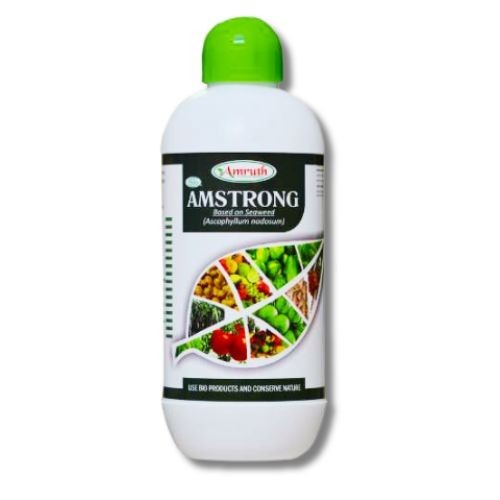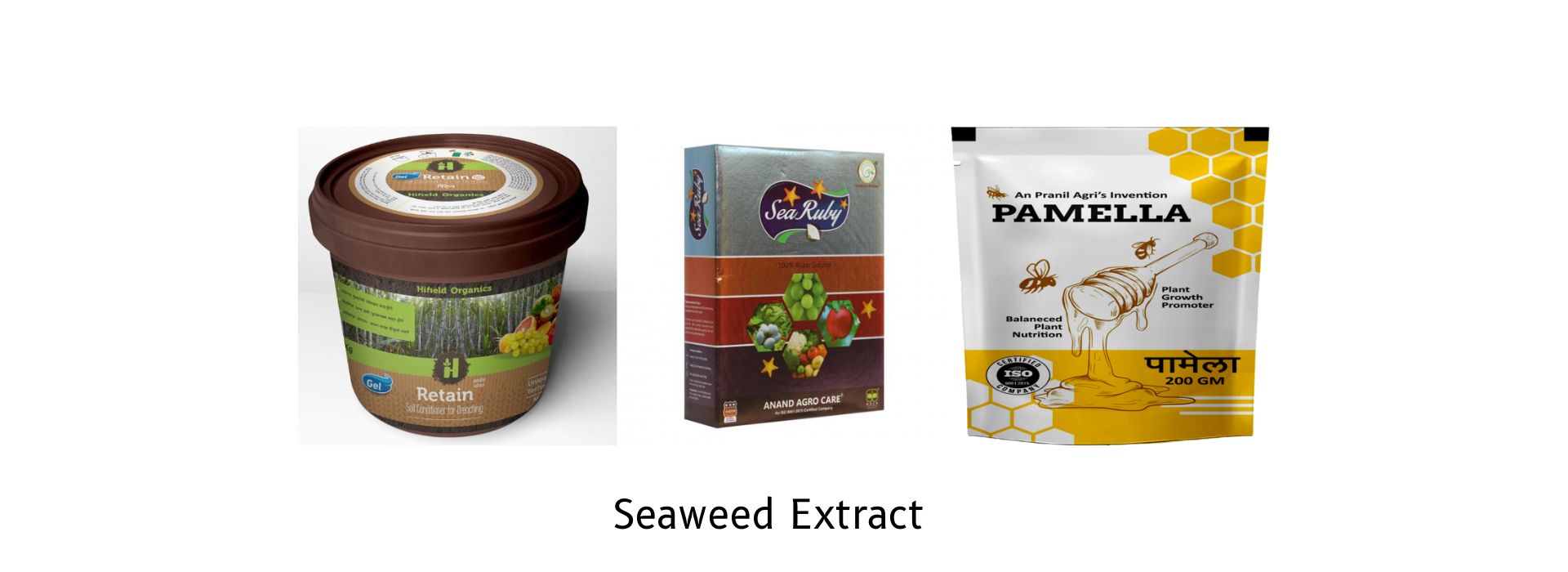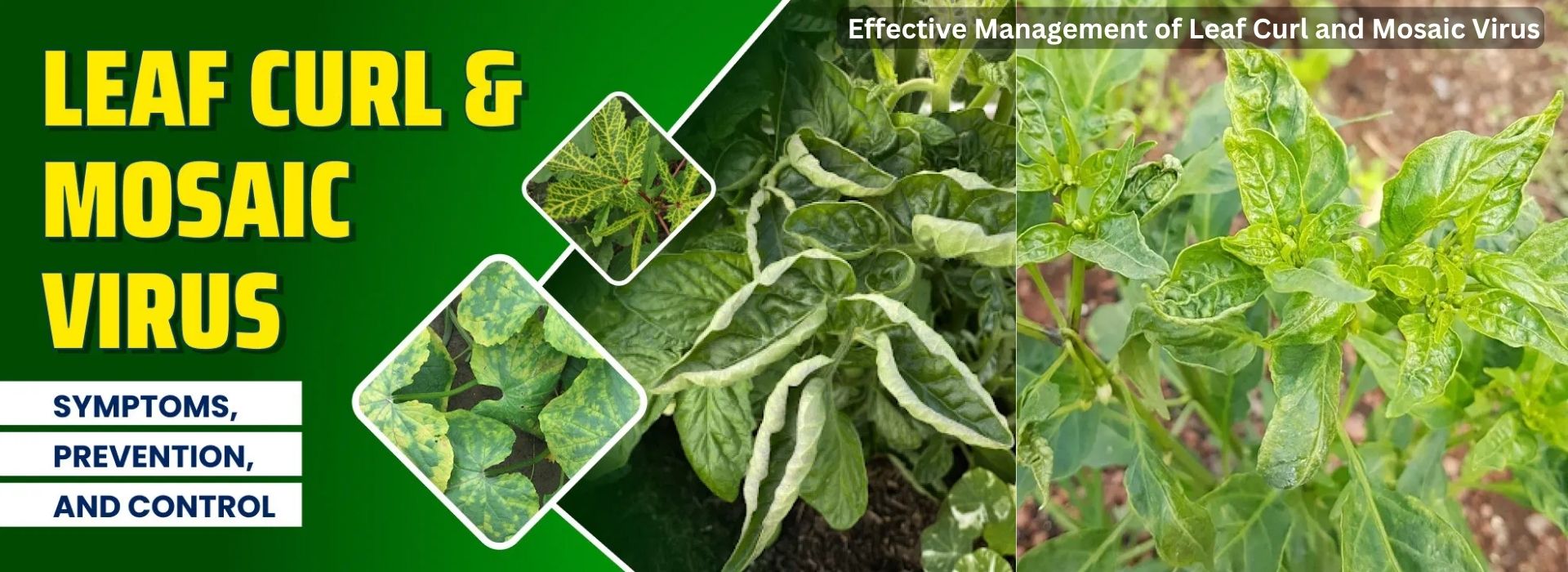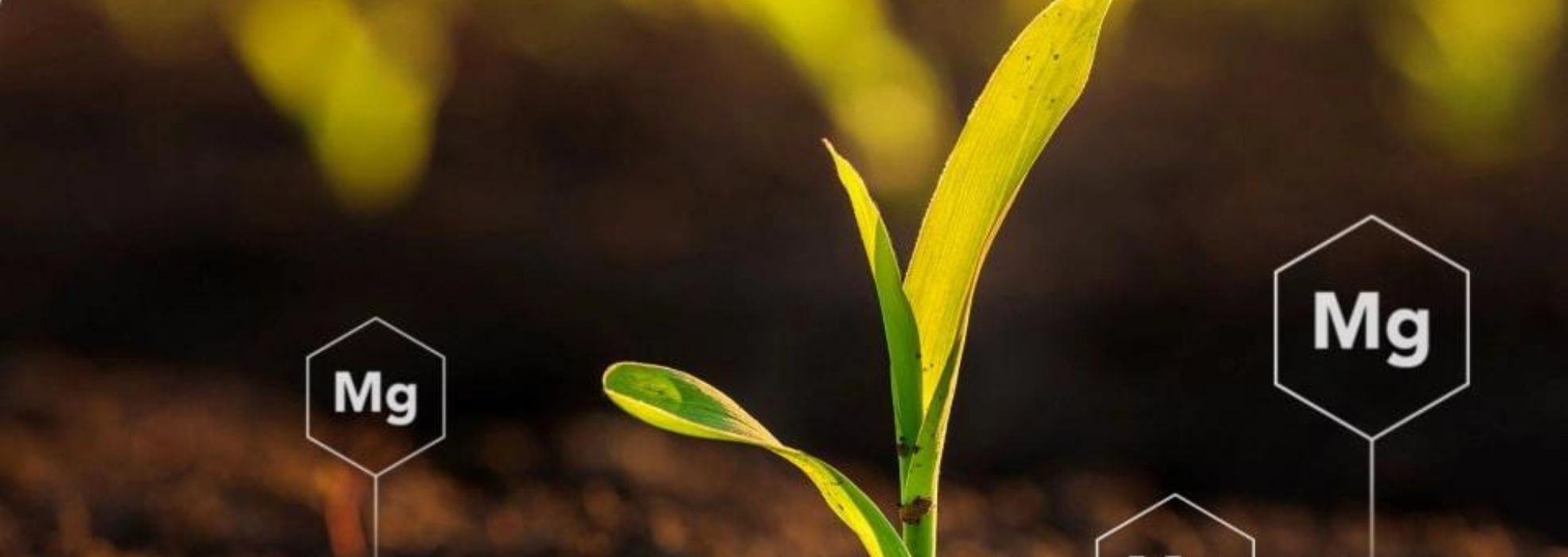
Seaweed is rich in micro and macronutrients, humic acids, and phytohormones, it enhances soil fertility. In addition, seaweed-derived fertilizers contain polysaccharides, proteins, and fatty acids which improve the moisture and nutrient retention of soil, contributing to improved crop growth.
The application of seaweed fertilizers can also result in enhanced tolerance to abiotic stressors that generally inhibit crop growth and yield such as low moisture, high salinity, and freezing temperatures. These stress tolerance benefits appear to be driven by physiological changes induced in crops by the seaweed, including improved energy storage, enhanced root morphology, and greater metabolic potential, enhancing the plant's ability to survive unfavorable conditions.Kappaphycus alvarezzi extracts have also resulted in considerable reductions in the leakage of electrolytes, as well as enhanced chlorophyll and carotenoid production, and water content. Research has also demonstrated that wheat plants treated with seaweed extracts have accumulated key osmoprotectants such as proline, other amino acids, and total protein.
SOIL CONDITIONING -
As a soil conditioner, seaweed fertilizer can improve the physical qualities of soil, such as aeration and water retention. Clay soils that lack organic matter and porosity benefit from the humic acid and soluble alginates found in seaweed. These compounds bond with metallic radicals which cause the clay particles to aggregate, thereby improving the texture, aeration, and retention of the soil by stimulating clay disaggregation. The degradation of alginates also supplements the soil with organic matter, enhancing its fertility.
In particular, brown seaweeds such as Sargassum are known to have valuable soil conditioning properties. This seaweed contains soluble alginates as well as alginic acid, which catalyzes the bacterial decomposition of organic matter. This process improves soil quality by enhancing populations of nitrogen-fixing bacteria and by supplementing the soil with additional conditioners through the waste products produced by these bacteria.
INTEGRATED PEST MANAGEMENT-
The addition of seaweed to soil can increase crop health and resistance to diseases. Seaweeds contain a diverse array of bioactive molecules that can respond to diseases and pests, including steroids, terpenes, acetogenins, and amino acid-derived polymers. The application of seaweed extracts reduces the presence of harmful pests including nematodes and insects. While the application of seaweed seems to reduce the harmful effects of nematode infestation, the combination of seaweed application and carbofuran, a chemical nematocide, seems to be most effective.
At krishibazaar.in, you can find and buy various agricultural products. For agricultural guidance on selecting the most suitable products for your crops, please contact or WhatsApp at +917887880887





Guest reviews
No reviews found for this Blog